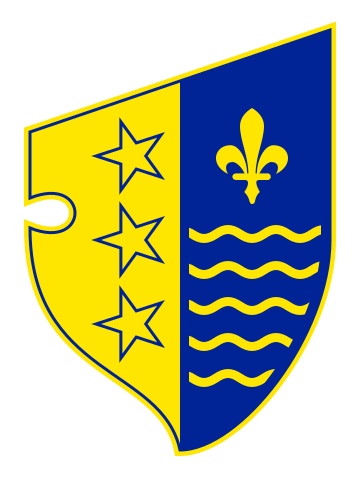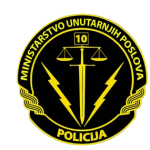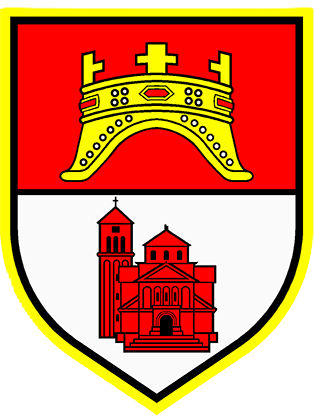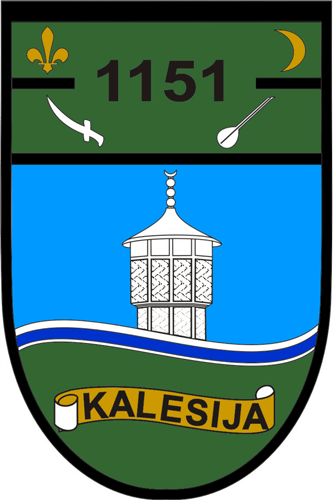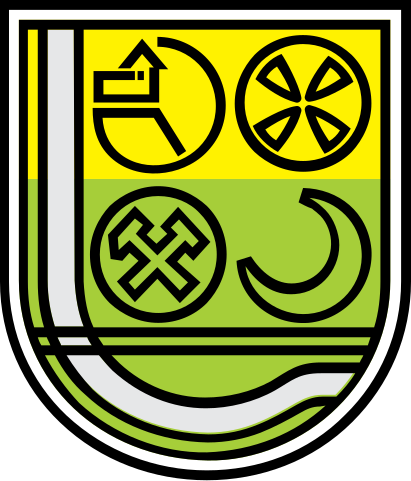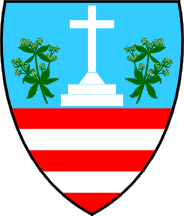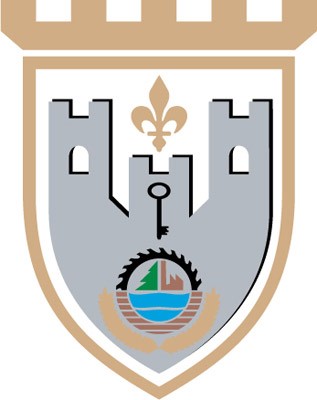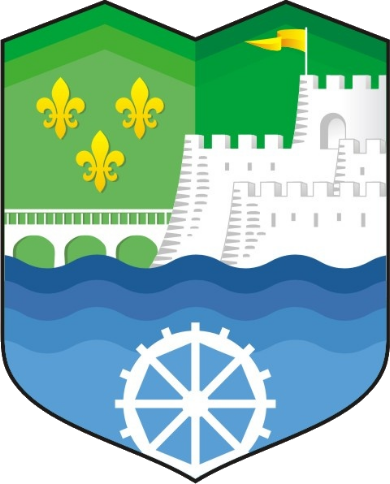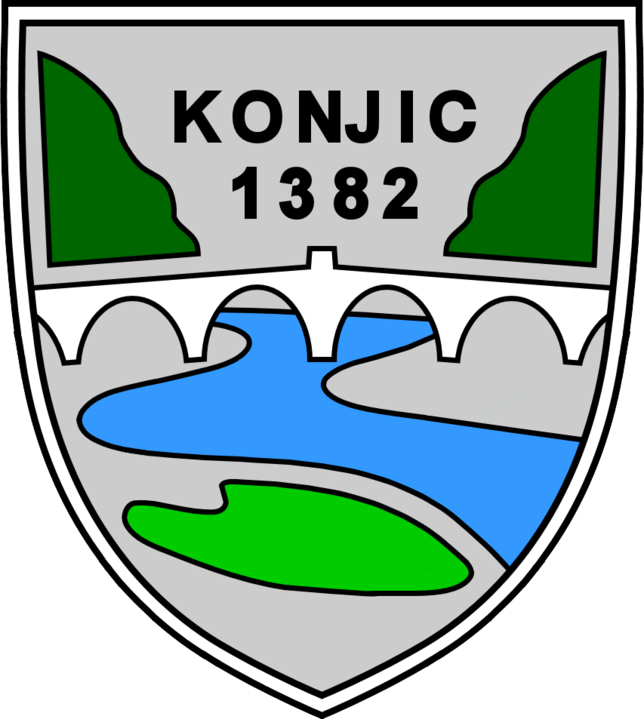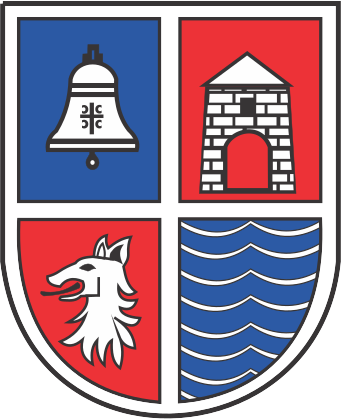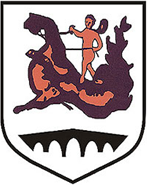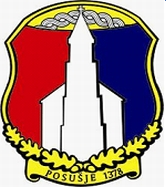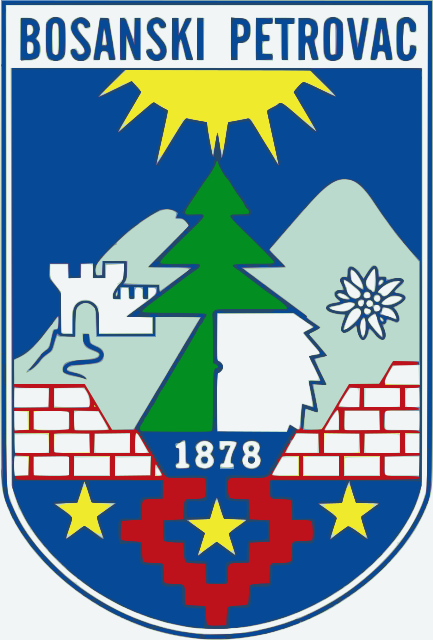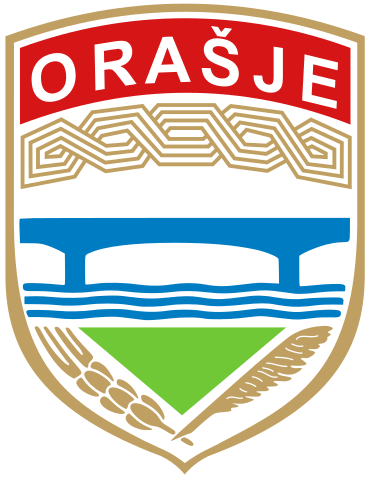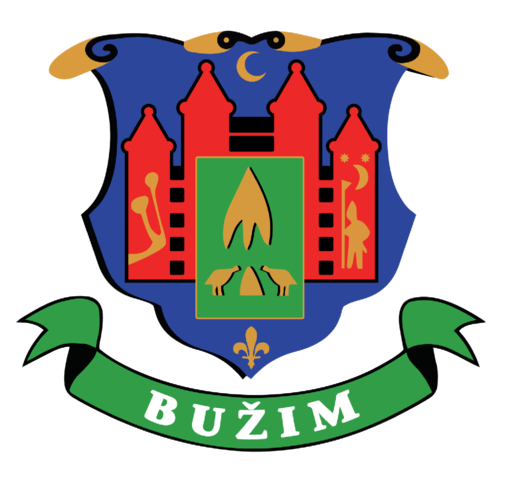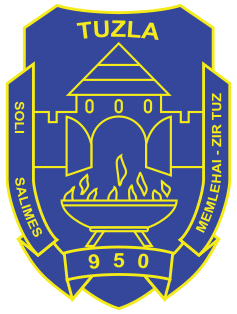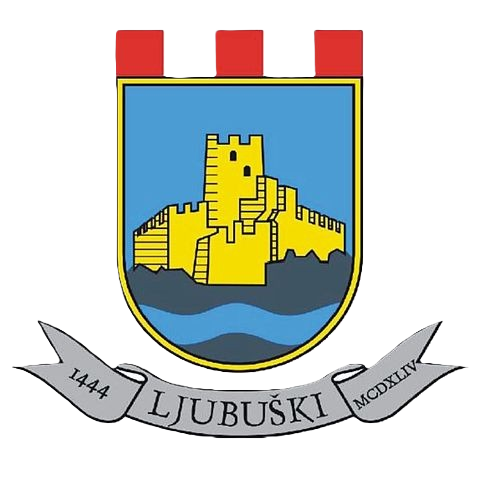Linked e-services
Linked e-services enable public institutions to access data from the registers maintained and managed by IDDEEA, facilitating the execution of administrative processes and the delivery of services to citizens. Through these databases, institutions can swiftly obtain information regarding personal data, residence registers, driving licenses, personal identification numbers, and other essential data. This service provides a streamlined and efficient means of searching and verifying the data required for various administrative procedures, ensuring that institutions have access to accurate and up-to-date information.

Central Election Commission of Bosnia and Herzegovina

The Central Election Commission of BiH (CEC BiH) uses IDDEEA web services to access data from the central voter list, which IDDEEA technically maintains and updates, while the accuracy of this data is the responsibility of CEC BiH. Additionally, CEC BiH uses the IDDEEA application for passive voter registration, further improving the management of voter lists.

High Judicial and Prosecutorial Council of Bosnia and Herzegovina

The High Judicial and Prosecutorial Council of Bosnia and Herzegovina uses web services from the Agency for Identification Documents, Registers, and Data Exchange of Bosnia and Herzegovina to access data on citizens’ residence, personal documents, vehicle information, as well as input and review of data from the register of fines and misdemeanor. Furthermore, all judicial institutions in Bosnia and Herzegovina use the CMS platform created by the High Judicial and Prosecutorial Council of BiH. IDDEEA web services are used for this platform to carry out tasks that are within the purview of judicial institutions.

State Investigation and Protection Agency

The State Investigation and Protection Agency (SIPA) of Bosnia and Herzegovina uses IDDEEA web services to enable efficient and secure checks of various types of data about citizens. These services provide access to data from civil registers and residence registers of citizens. These services enable immediate identity verification, document validity, and data consistency with official registers.
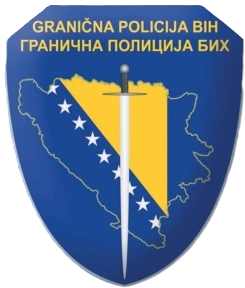
Border Police of Bosnia and Herzegovina
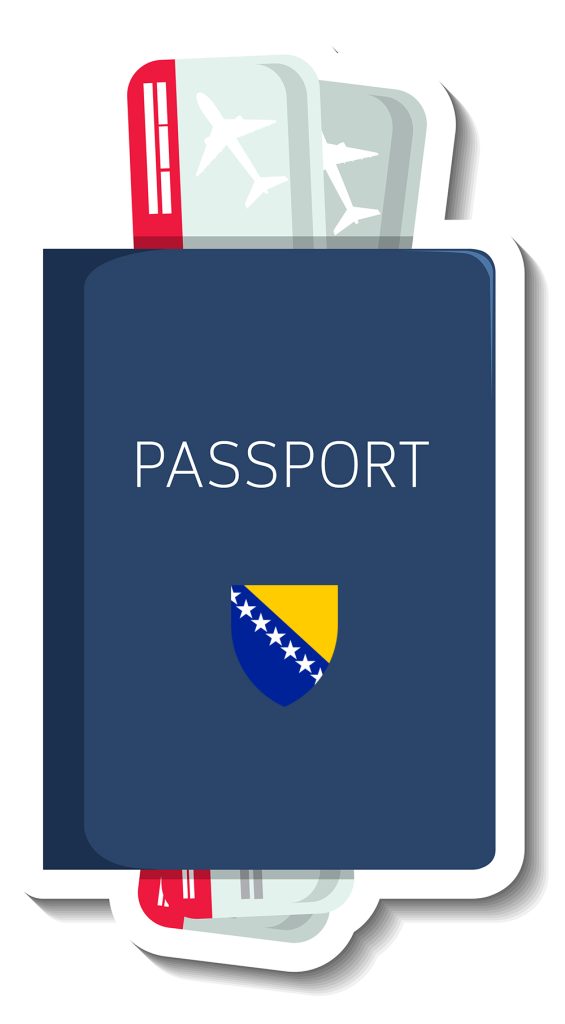
The Border Police of Bosnia and Herzegovina uses IDDEEA web services to verify the validity of citizens’ documents at border crossings, as well as to input and review data in the register of fines and misdemeanors. Additionally, the Border Police uses an Automatic License Plate Recognition service, ensuring that all vehicle data is available to the border police as soon as the vehicle crosses the border. It involves technology that uses high-quality cameras and software that recognizes license plates, takes a photograph of the plate, interprets the characters, and stores them in a database. This system includes hardware (camera) for capturing images, software for recognition, and database management.

Ministry of the Interior of the Federation of Bosnia and Herzegovina

The Ministry of the Interior of the Federation of Bosnia and Herzegovina (FMUP) accesses data on citizens’ residence, personal documents, vehicle information, and inputs and reviews data from the register of fines and misdemeanors (ROF) via applications and through web services. These are then used in their work processes as well as in applications developed by their own capacities. In this instance, communication and data comparison are done with the registers kept by civil registry offices in the Federation of Bosnia and Herzegovina. FMUP provides identity verification services, which are carried out upon submitting of the requests for personal documents.

Ministry of the Interior of the Republika Srpska

The Ministry of the Interior of the Republika Srpska (MUP RS) accesses data on citizens’ residence, personal documents, vehicle information, and register of fines and misdemeanors (ROF) via applications and through web services, which are then used in their business processes and in applications developed by their own capacities. MUP RS also possesses its own application solutions used for daily duties within its purview, such as field searches of data from registers maintained by IDDEEA, where police officers can access data from IDDEEA’s registers in the field. MUP RS also uses a web service for retrieving data on vehicle registration validity, which is specifically used in their ANPR (Automatic Number Plate Recognition) camera system, receiving approximately 3 million requests daily. Additionally, MUP RS uses a service for automatic registration of fines, enabling the payment of fines on the spot via POS terminals. Identity verification services are carried out during the application process for personal documents through MUP RS, with communication and comparison of data with registers maintained by civil registry offices or the Ministry of Administration and Local Self-Government of the Republika Srpska.
Furthermore, through MUP RS, web services communicate with the Republic Administration for Geodetic and Property Affairs, enabling the retrieval of data on property owners during the process of registering citizens’ residence in the Republika Srpska. This means that if someone owns a property on which they register their residence, they are not required to provide a proof of ownership. Instead, data is automatically retrieved from the Republic Geodetic and Property Administration (RUGIP) and is accepted as valid evidence in the process.
Cantonal Ministries of the Interior in the Federation of Bosnia and Herzegovina
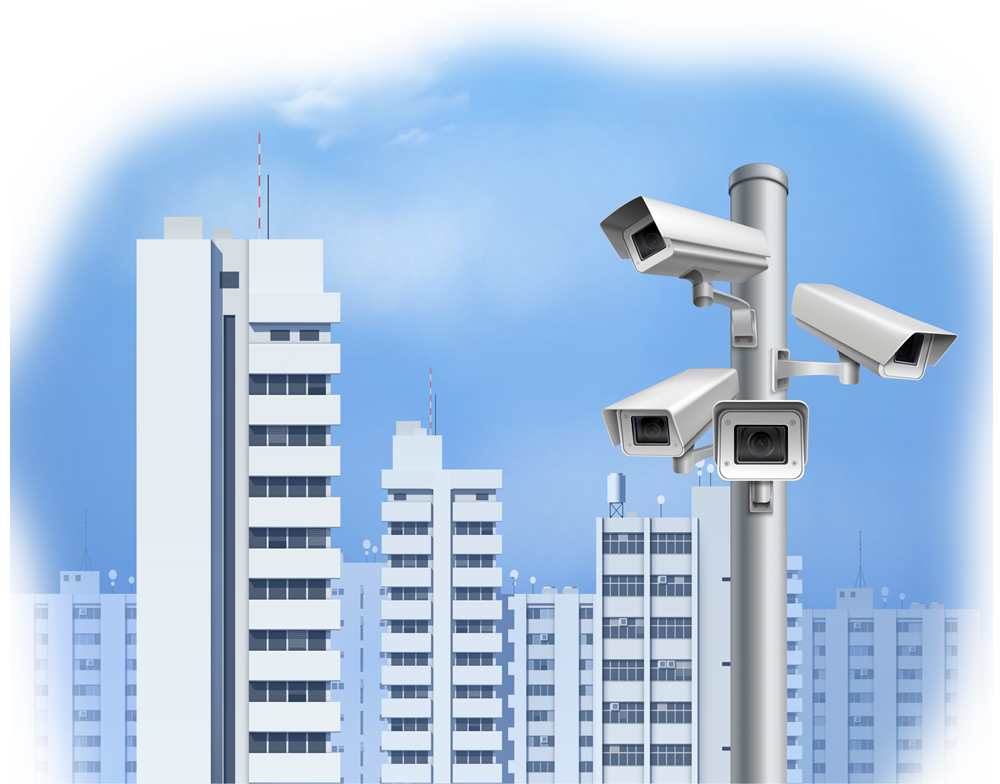
Cantonal Ministries of the Interior, as primary authorities, access data on citizens’ residence, personal documents, vehicle information, and register of fines and misdemeanors (ROF) via applications and through web services, which they then use in performing tasks within their purview, as well as in applications developed with their own capacities. Some services are used by individual ministries to retrieve data on registration validity, which is specifically used in their ANPR camera systems. Some cantonal MUPs also use a service for service for automatic registration of fines for misdemeanors captured by speed cameras and license plate recognition.

Department for the Public Register of Brčko District

The Department for the Public Register of Brčko District, as the primary authority, accesses data on citizens’ residence, personal documents, vehicle information, and register of fines and misdemeanors (ROF) via applications and through web services, which are then used in their business processes, as well as in applications developed by their own capacities. Identity verification services, which are performed during the application process for personal documents, are carried out by the Department for the Public Register, with communication and data consistency with registers maintained by civil registry offices in Brčko District.

Federation Insurance Supervision Agency

The Federation Insurance Supervision Agency uses data from IDDEEA registers about registered vehicles through web services to support their work within their jurisdiction. This data enables accurate and timely tracking of vehicle registrations for the purpose of monitoring and regulating the insurance sector.

Federal Administration for Inspection Affairs of BiH

Through IDDEEA web services, the Federal Administration for Inspection Affairs of BiH obtains information about the place of residence, personal documents, vehicles, and penalties and misdemeanours of its citizens. Their business processes depend on this data, which makes it possible to precisely track and manage the information required for regulatory activities and inspection oversight.

Institute for Economic Engineering of the Federation of Bosnia and Herzegovina
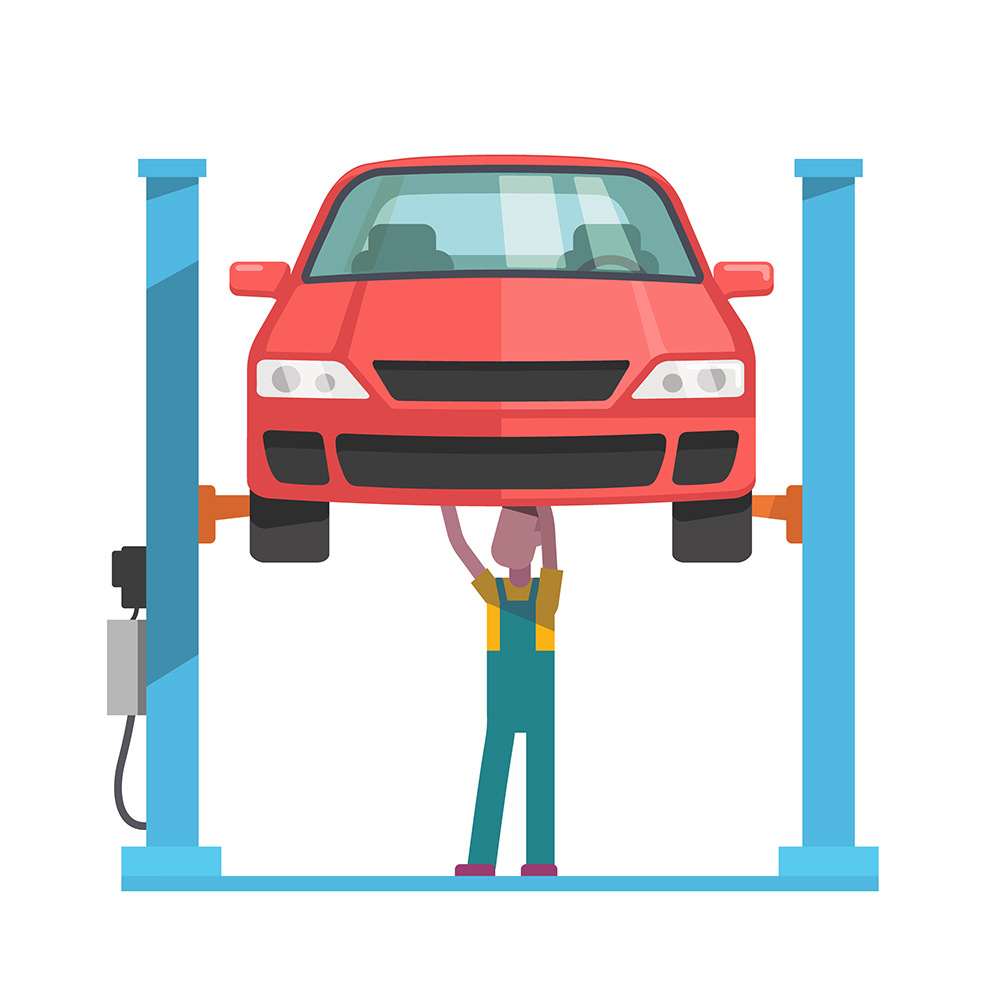
The Institute for Economic Engineering of the Federation of Bosnia and Herzegovina, as a technical inspection institution for the FBiH area, can input data about vehicles obtained during vehicle technical inspections (required for the further registration process) through IDDEEA web services. Throughout the car registration procedure, the competent MUPs have real-time access to these data via application. In addition, the technical inspection institution can upload new information about vehicle specifications (make, type, model, colour, etc.), update current information, and add new technical inspection stations in the Federation of Bosnia and Herzegovina.

Automotive Center of the Republika Srpska
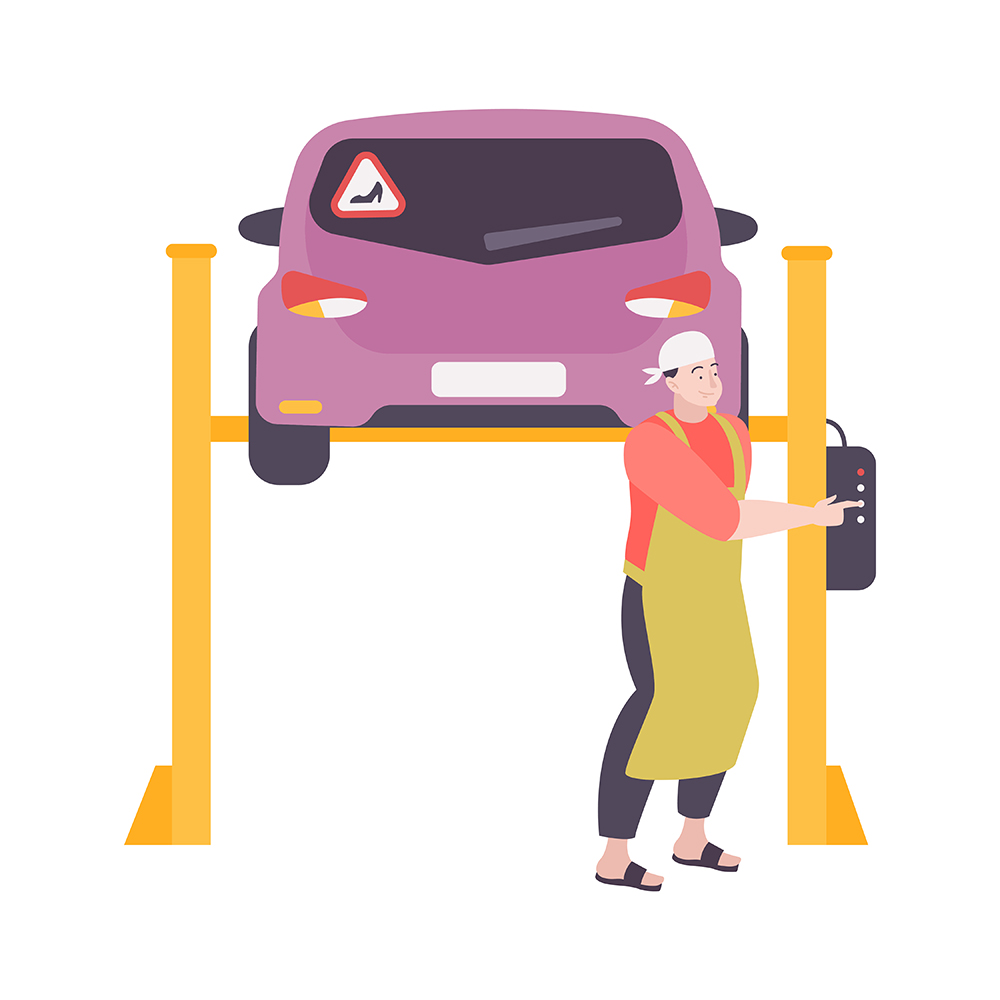
The Automotive Center of the Republika Srpska is a technical inspection institution for the Republika Srpska area, capable of uploading vehicle data obtained during vehicle technical inspections (required for the further registration process) via IDDEEA web services. Throughout the car registration procedure, the competent MUPs have real-time access to these data via application. Moreover, the technical inspection institution can upload new information about vehicle specifications (make, type, model, colour, etc.), update current information, and add new technical inspection stations in the Republika Srpska.
Technical Systems Center of Brčko District
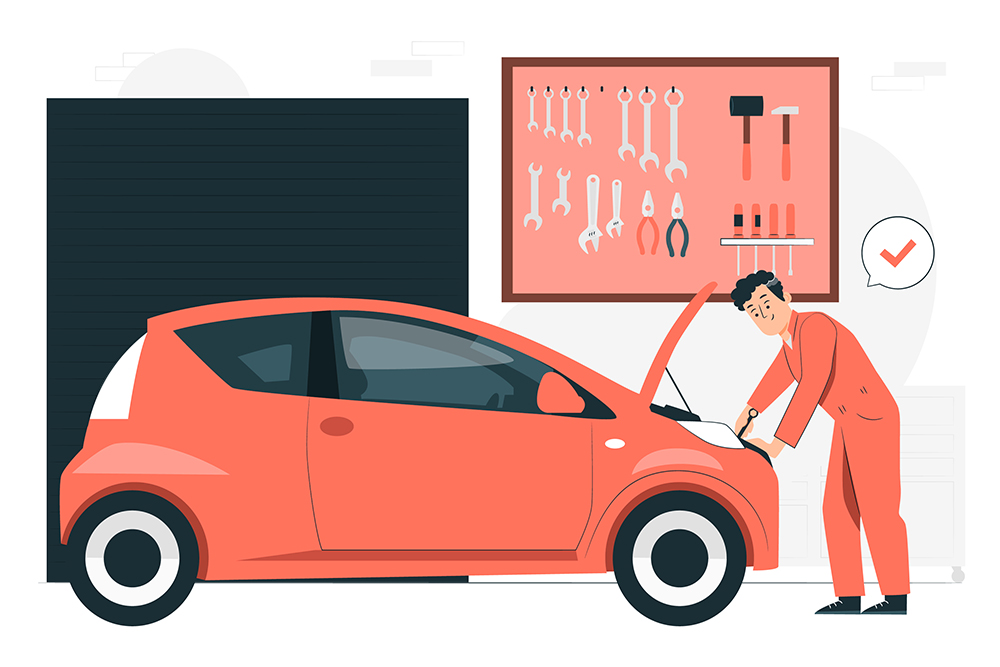
The Technical Systems Center of Brčko District is a technical inspection institution for the Brčko District area that can input data about vehicles obtained during technical inspections (required for the further registration process) through IDDEEA web services. Throughout the car registration procedure, the competent MUPs have real-time access to these data via application. Moreover, the technical inspection institution can upload new information about vehicle specifications (make, type, model, colour, etc.), update current information, and add new technical inspection stations in the Brčko District.
Other institutions using data from the Register of permanent and temporary residence

Institutions at the entity and local levels regularly access Register of permanent and temporary residence via web services technically maintained and operated by IDDEEA, as regulated by an Agreement on permanent access to data through web services. These data are used in their tasks to verify citizens’ residency through various administrative processes. This type of data access not only enhances institutional efficiency, but it also considerably simplifies the process for citizens, allowing them to complete administrative tasks more quickly and effectively.
